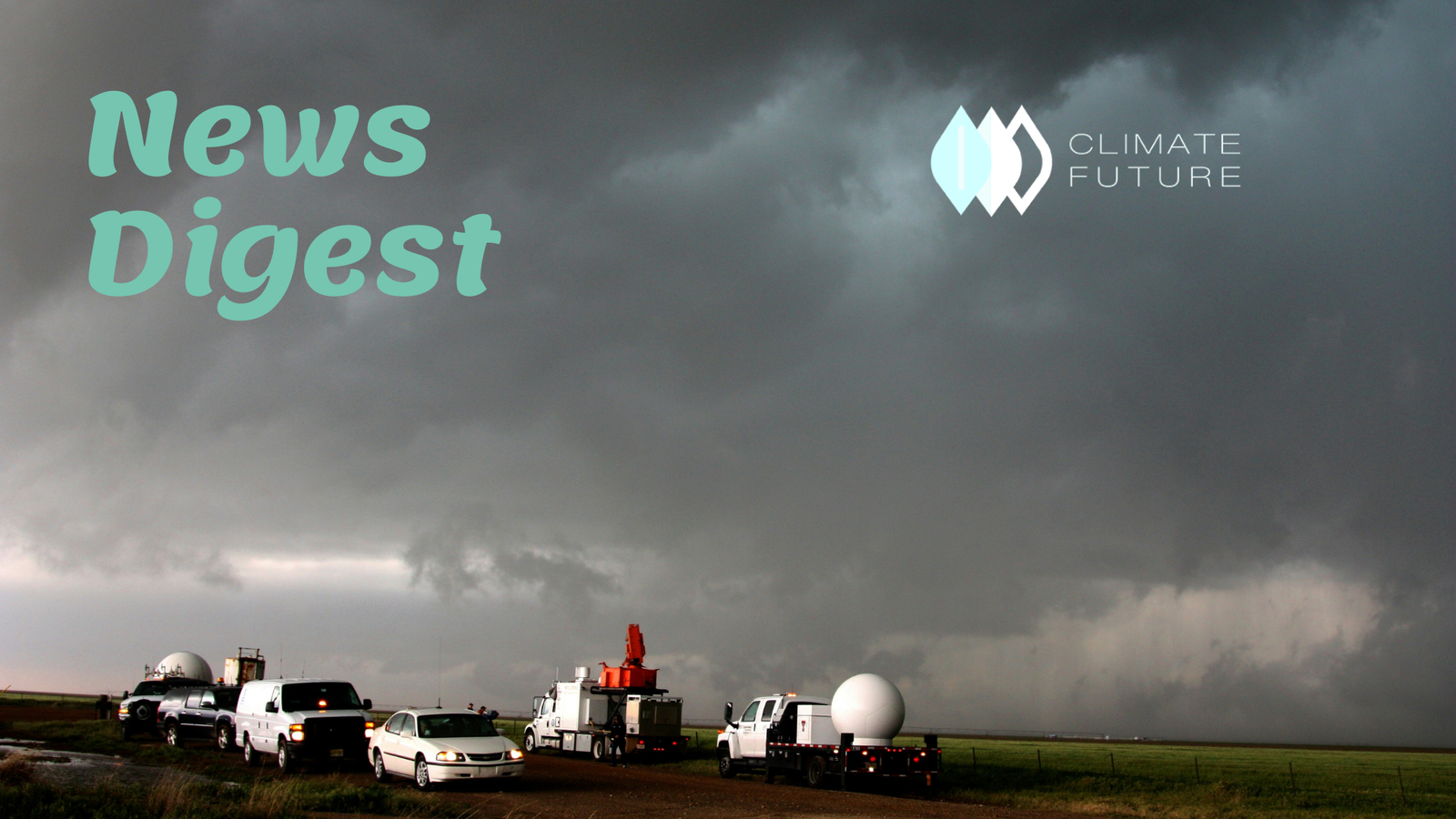South Asia’s Climate Crisis Demands Action, Not Just Pledges

Credit: Depositphotos
The World Meteorological Organisation issued a warning about record-breaking heat in 2023, which prompted climate change action. To assist countries impacted by climate change, a $700 million Loss & Damage Fund was established at COP28. Nonetheless, the efficacy of the fund is questioned due to previous unmet commitments, such as the $100 billion made in the Paris Agreement. There are two billion underprivileged people in South Asia, and the region suffers from severe climate issues, such as droughts in Afghanistan and floods in Bangladesh. High levels of debt and scarce financial resources make it difficult for the area to react. The floods that hit Pakistan in 2022, costing $40 billion and uprooting 8 million people, highlight the region’s susceptibility. Promises to adapt are a good start, but responsibility and action are necessary for success. Promises run the possibility of being broken, leaving South Asia to bear the effects of climate change on its own without assistance. This is especially true for the Loss and Damage Fund, which lacks clear procedures for monitoring and allocating funds.
Japan stakes its future on climate innovation to help Asia become greener

A man pumping hydrogen into a fuel cell car in Kitakyushu, Fukuoka prefecture, Japan.
Through public and private sector efforts, Japan is leading the way in green innovation. Private businesses are innovating a range of environmentally beneficial solutions, such as integrating solar cells into windows and converting used clothing into biofuel, while the government concentrates on clean hydrogen technology despite its high cost. Under the context of the Asia Zero Emission Community, Prime Minister Fumio Kishida has committed to leading Asia in the development of green technologies. Critics counter that Japan is taking too long to wean itself off of fossil fuels and is not doing enough to promote private-sector innovation. Concerns exist over Japan’s dependence on imported renewable energy and the rate of change, despite the country’s goal of having net-zero carbon emissions by 2050. Experts advise the government to lower expenses, assist private efforts more, and set a domestic goal of 100% renewable energy to support innovation and adopt green practices. Despite obstacles, Japan’s dedication to green innovation is a major step towards a more sustainable future.
Seeds of change: Embracing climate change education for young learners in Asia-Pacific

FAMILY STOCK/shutterstock
Education becomes an essential instrument for raising awareness and encouraging action in the face of escalating climate change, especially in the Asia-Pacific area. Attempts are being made to integrate climate change education (CCE) into early childhood care and education (ECCE) to recognize the complex effects of climate change. The goal of this proactive strategy is to enable young students to become change agents and cope with the challenges presented by climate change. Although the promotion of climate-sensitive early childhood education is emphasized in the Tashkent Declaration, regional climate adaptation strategies still do not incorporate this integration. Improving early childhood educators’ ability through thorough training, integrating social-emotional learning to reduce climate anxiety, and offering context-specific instructional materials is crucial to implementing CCE in ECCE. The Asia-Pacific area will have a more sustainable future if educators are empowered and young learners’ socio-emotional health is supported. This will create a generation prepared to face the challenges posed by climate change.
The world just marked a year above a critical climate limit scientists have warned about

Firefighters in the hills of Valparaiso, Chile on February 3, 2024, as the country suffers its most lethal fires on record. Javier Torres/AFP/Getty Images
Global warming has gone beyond a vital threshold delineated in the Paris Agreement, with recent data from Copernicus showing that it has breached 1.5 degrees Celsius above pre-industrial levels during the past year. This major achievement highlights how urgent it is to reduce emissions significantly to prevent more climate change effects. Researcher at the University of Oxford studying atmospheric physics Matt Patterson highlights the closing window of opportunity. Currently, 2023 is the hottest calendar year, and the last eight months have been the hottest ever recorded. Record-breaking temperatures in January 2024 followed the trend. Samantha Burgess, Deputy Director of Copernicus, emphasizes that cutting greenhouse gas emissions quickly is essential to preventing global warming. The primary cause of the climate issue is human activity, particularly the use of fossil fuels, although recent temperature increases have been made worse by the El Niño natural climatic pattern. As destructive wildfires in Chile and increased rainfall in California demonstrate, this combination worsens extreme weather occurrences, highlighting the critical need for climate action.
References
https://thediplomat.com/2024/02/south-asias-climate-crisis-demands-action-not-just-pledges/
https://edition.cnn.com/2024/02/08/climate/global-warming-limit-climate-intl/index.html



